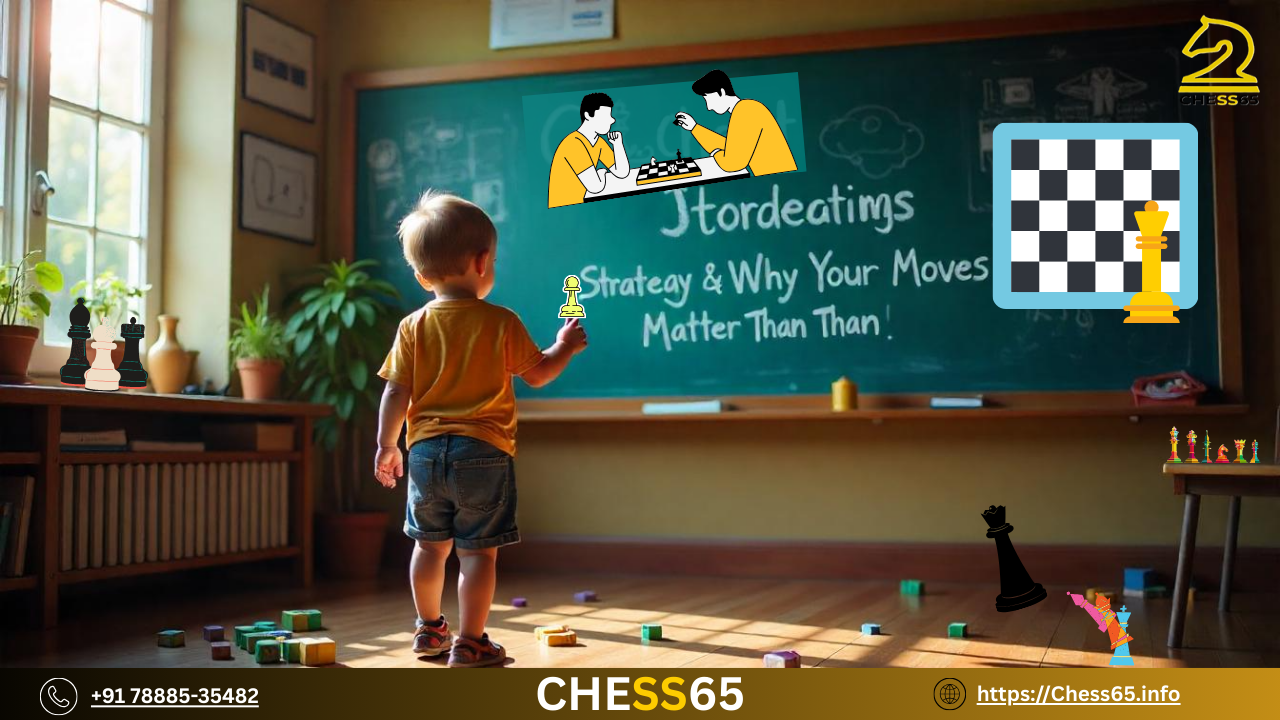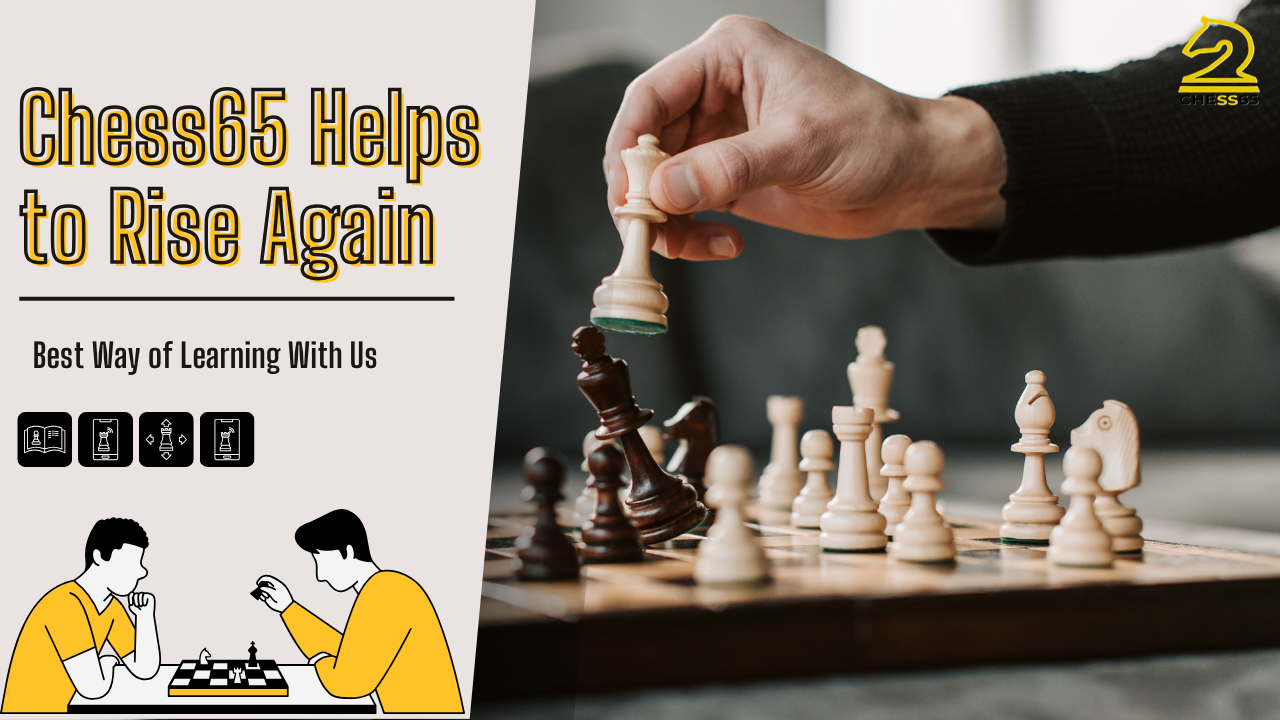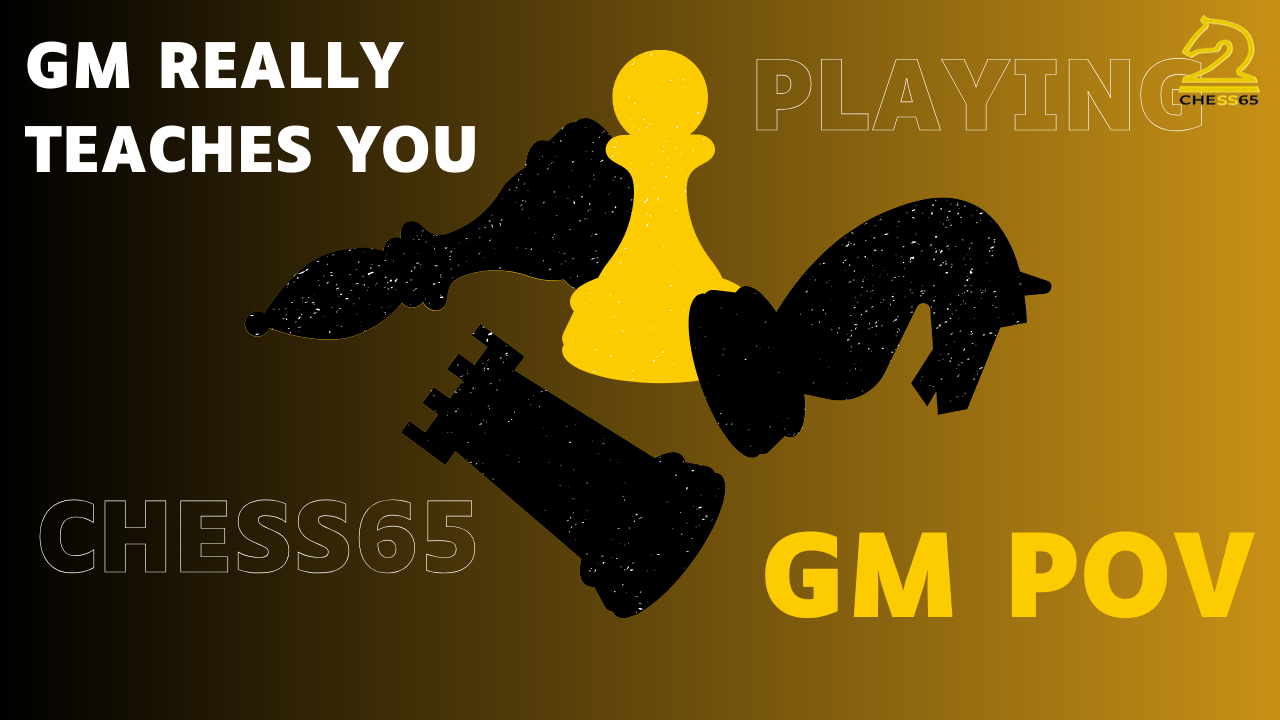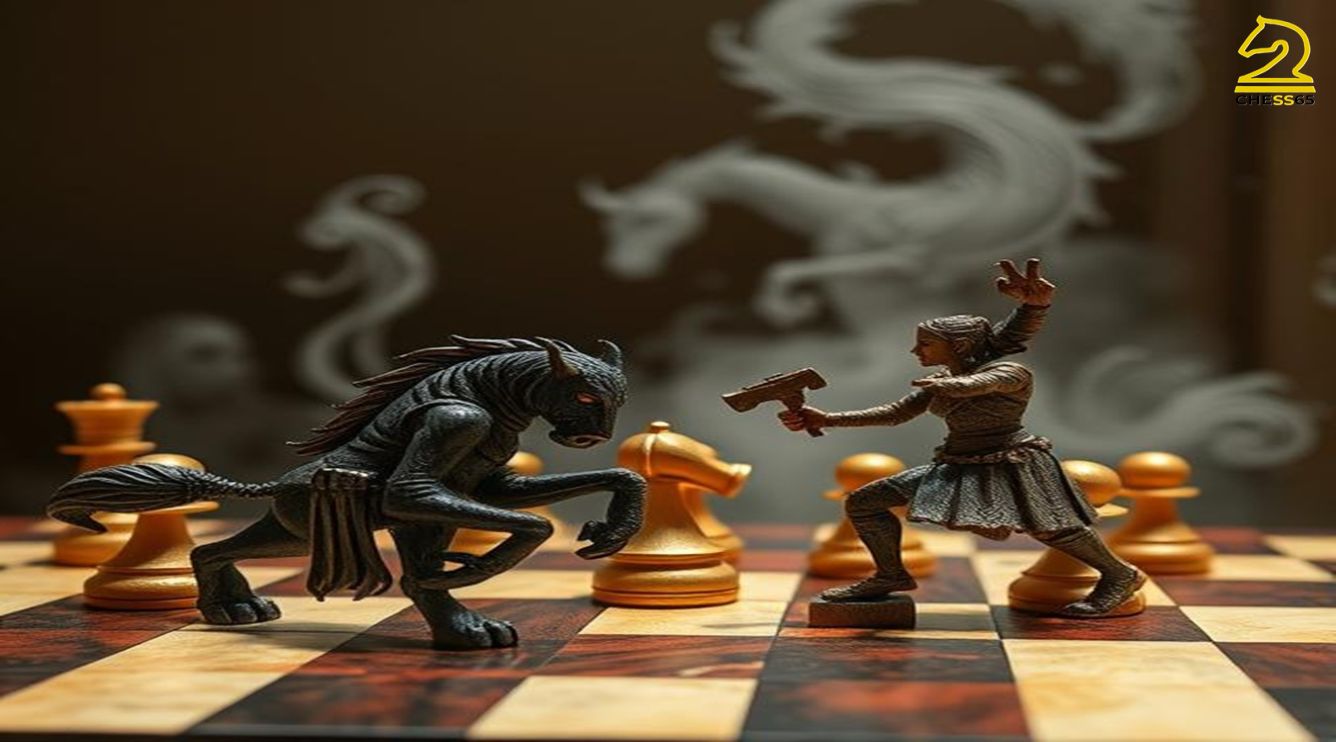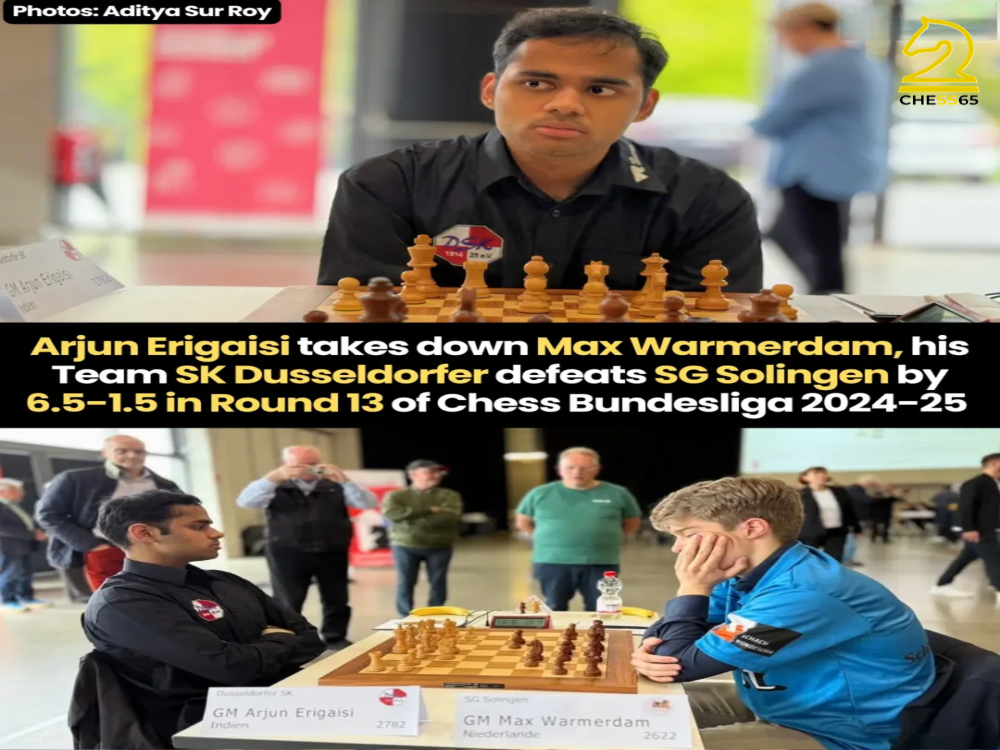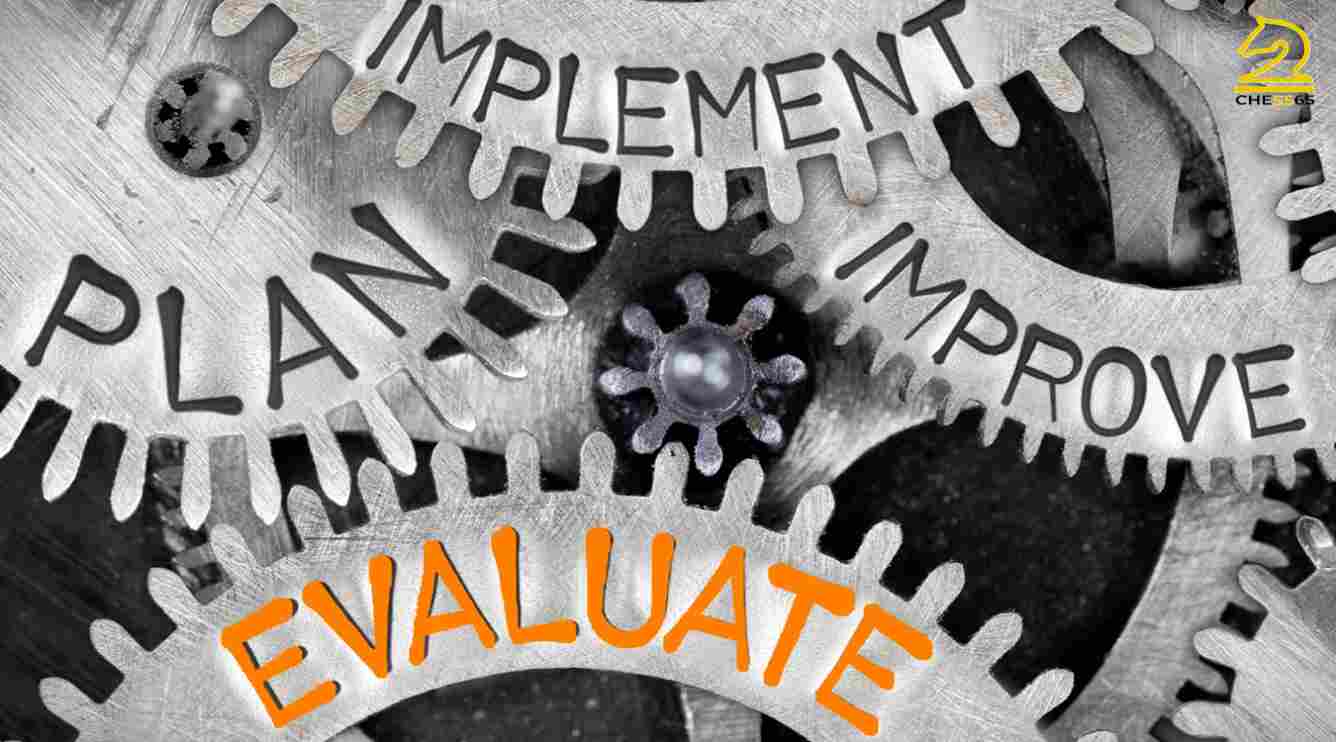How to Balance Intuition and Calculation in Chess
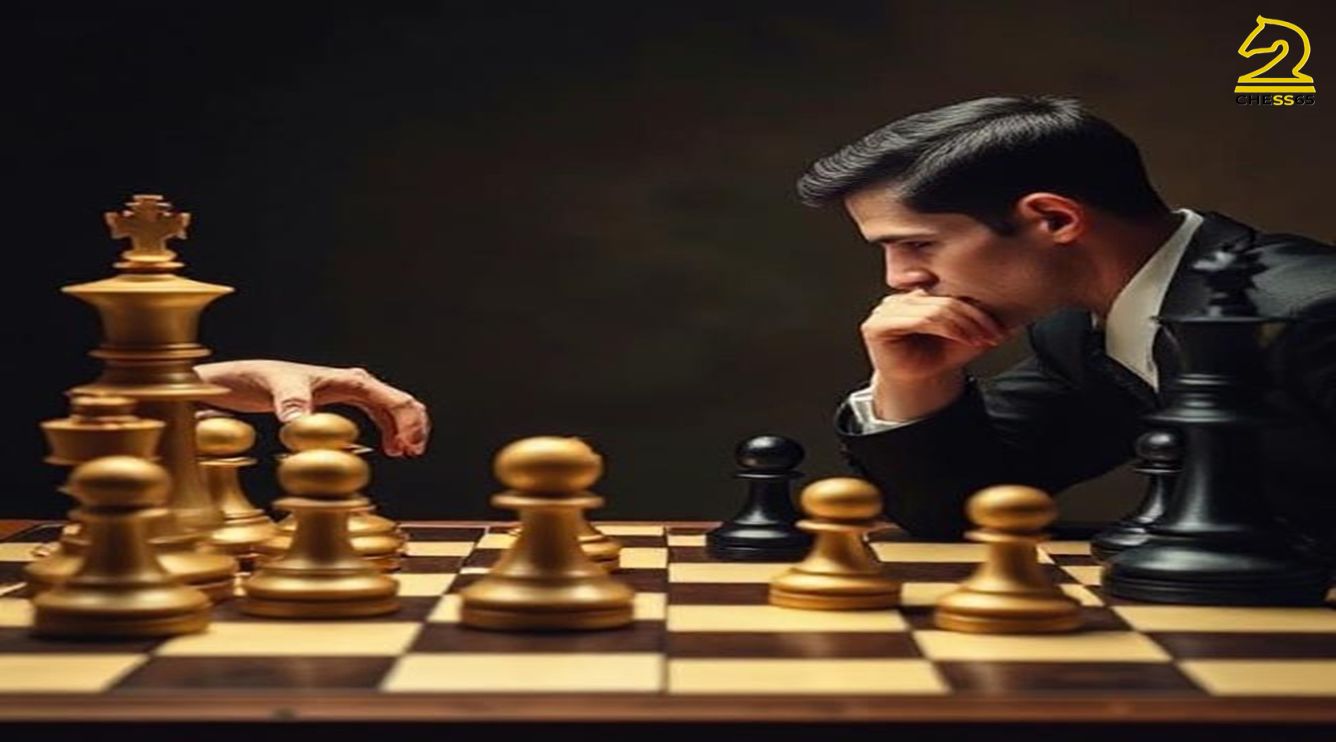
Chess65's Personal Insights on Mastering Both
Ever stared at the board, the clock ticking, and wondered — "Should I trust my gut or calculate every move?"
At Chess65, we believe this isn't just a chess question — it's a life question too.
Today, let's dive into one of the deepest challenges in chess:
Intuition vs Calculation — and how learning both can make you unstoppable!
What Is Chess Intuition, Really?
Chess intuition is that magical feeling when you "just know" the best move — without calculating every single line.
As Aleksandar Beliavsky said, it's subconscious pattern recognition built from experience.
From my own training and coaching at Chess65, I'd describe intuition like this:
"Intuition is recognizing the truth on the board before your mind explains it."
Question for you:
Have you ever played a move just because it felt right — and it worked out beautifully?
Masters of Intuition
Some legends trusted their instincts over calculation:
Capablanca — The "Chess Mozart" who once said, "I see only one move ahead, but it is always the correct one." His famous calm during Marshall's fierce attack (New York, 1918) showed pure intuitive mastery.
Smyslov — His games flowed with effortless harmony. Opponents joked he was playing "by hand," moving to the best squares naturally.
Karpov — The master of prophylaxis. His sixth sense for stopping threats before they existed defined a whole era of chess.
Which master’s style do you feel connected to? Tell me in the comments!
The Calculating Machines
On the other side, some champions dominated with raw calculation:
Bobby Fischer — Ice-cold precision. He once said, "I don't believe in psychology. I believe in good moves."
His legendary win over Spassky (1972) was pure calculation magic.
Garry Kasparov — A dynamic beast who sometimes calculated 15-20 moves deep.
D. Gukesh — The new-gen star, trained in the engine era. His win against Wei Yi (2024) showed calculation at its sharpest.
Poll Time!
Are you more of a "think first" player or a "feel first" player?
When Intuition Clashes with Calculation
One of my favorite examples is Kramnik vs Kasparov (2000).
At a critical moment, Kramnik's intuition suggested defending carefully.
But after deep calculation, he chose the bold 19. Nb5! — sacrificing a pawn to create unstoppable threats.
This taught me:
"When intuition and calculation disagree — trust your deeper analysis."
Has this ever happened to you in your games? Share your story!
Magnus Carlsen: The Perfect Balance
Why didn’t I put Carlsen in one category?
Because Magnus perfectly blends intuition and calculation.
His famous endgame victories show when to calculate deeply — and when to trust patterns that even engines miss initially.
If you want to truly master chess — Carlsen's approach is the model.
Time Pressure: The Ultimate Test
In blitz or rapid, there's often no time for long calculation.
Your intuition must take over — but even 5 seconds of sharp thinking can change the game.
Tell me:
Have you ever saved or lost a game with a gut decision under 10 seconds?
How to Develop Both Skills
For intuitive players:
-
Practice calculation daily (even when it feels slow)
-
Solve complex tactical puzzles
-
Analyze your games to spot hidden mistakes
For calculating players:
-
Study classic games for pattern recognition
-
Play rapid games to sharpen your instincts
-
Train visualization without moving pieces
At Chess65, our coaching focuses on building both — because champions master intuition and calculation.
Final Thought
Beyond chess, life constantly throws the same question at us:
"Should I trust my gut, or think it through?"
Success lies in balancing both — just like on the chessboard.
So, what's your move? Intuition or calculation?
Drop your answer in the comments — and let's keep learning together!
Follow for more at chess65.info

